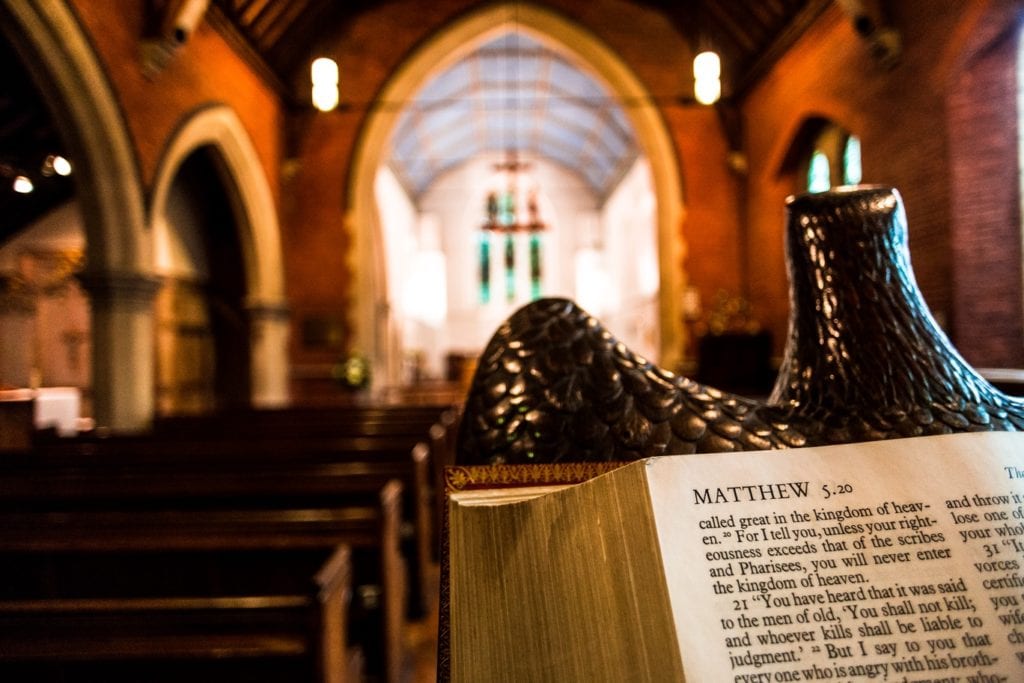
Are you looking for a new home for your church? Whether you’re doing it for the first time or have done it before, this is one of the most exciting and crucial moments in your ministry.
The property you buy can greatly impact your church, so it’s best to proceed with caution. Consider these important pointers on what to look into.
- What are the costs involved?
Always start by knowing how much real estate you can afford, then research on the prices of potential properties in the area, as well as the costs of needed renovations or improvements.
In assessing the financial aspect of the purchase, these are some of the things to consider:
- Should you buy an existing building or raw land?
At first glance, raw land may seem like the more viable option, as the sale price is generally much lower compared to improved land or an existing building. However, you could end up spending more for the construction of the building, especially if you have to start from scratch.
In addition to the building’s construction costs, you may also have to spend on providing utilities to the property, including electricity, water, and a sewer system. Depending on the location, you might also need to spend on property improvements, such as widening the road, clearing a wooded space, or leveling a hilly or rocky area.
Compare the overall costs for the land, construction, and improvement with those of buying an existing building to guide your decision.
- How much mortgage can you afford?
If you’re financing the purchase with a mortgage, crunch the numbers to see what your monthly dues will likely be, then make a realistic assessment if your church can comfortably afford this.
- Do you have enough cash for a downpayment?
Since church buildings are considered commercial property, you will likely need to meet stringent mortgage requirements from the bank, including a down payment of 20% to 30%, and proof that you have enough cash reserves to finance six months of operations.
- Should you buy an existing building or raw land?
- What size and facilities should your new church have?
Your church’s new home should support your ministry and should be appropriate for the size of your congregation. If the property is too big, it can cost a lot more to maintain, and may detract from your ministry. If the space is too cramped, it can affect attendance or the quality of your worship services.
In addition, consider your key ministries and the facilities you need to keep them going, such as classrooms for Bible studies, or perhaps a gym if your ministry includes a sports program. Look into maintenance and staffing needs, as well. For cost and space efficiency, design for multipurpose facilities, if possible.
It would be good to plan for growth, as well. Do you foresee your congregation growing in the future? What kind of expansion are you looking into? Do you plan to grow in the same location, or are you looking to build new churches in different areas? Planning ahead can help you get the most out of the property you buy now.
- What are the zoning regulations you should know about?
Zoning regulations can play a big part in choosing where to buy. While The Religious Land Use and Institutionalized Persons Act gives churches the right to use a property for religious purposes, local zoning codes may restrict the type of property you can build, or make it difficult to open a church in your preferred area.
Under Chicago’s zoning regulations, you may build or open churches in residential areas, but in business and commercial zones, you will need a special use permit. Parking regulations, in particular, can be quite complex.
The Chicago Zoning Ordinance requires that churches provide one parking space for every eight seats in the church’s worship area. However, exceptions may be given for properties located within 1,320 feet of the center of train, bus, and other transport routes.
In addition, you may also need to update the condition and systems in the property to comply with current safety codes. This may apply whether you’re converting the place to church use, or you’re buying an existing church but are doing extensive renovations to it.
- Is it the right location?
If your goal is to grow your church, visibility and accessibility of your building are very important. More people will flock to your church if they can easily find it and have little difficulty getting to it.
Other factors to consider include the density of the population and your church’s demographics. Opening a church in a densely populated area will give you better chances for growth, especially if your ministry caters to the population’s needs.
Finding the right property for your ministry’s new home is not easy. This is why it’s best to work with an experienced professional who can provide you with the guidance you need. Church Building Consultants Realty is the brokerage to call in the Chicago area. Learn more about what they can do for you by calling 630.344.9449 or sending an email to Dan(at)ChurchBuildingRealty(dotted)com

